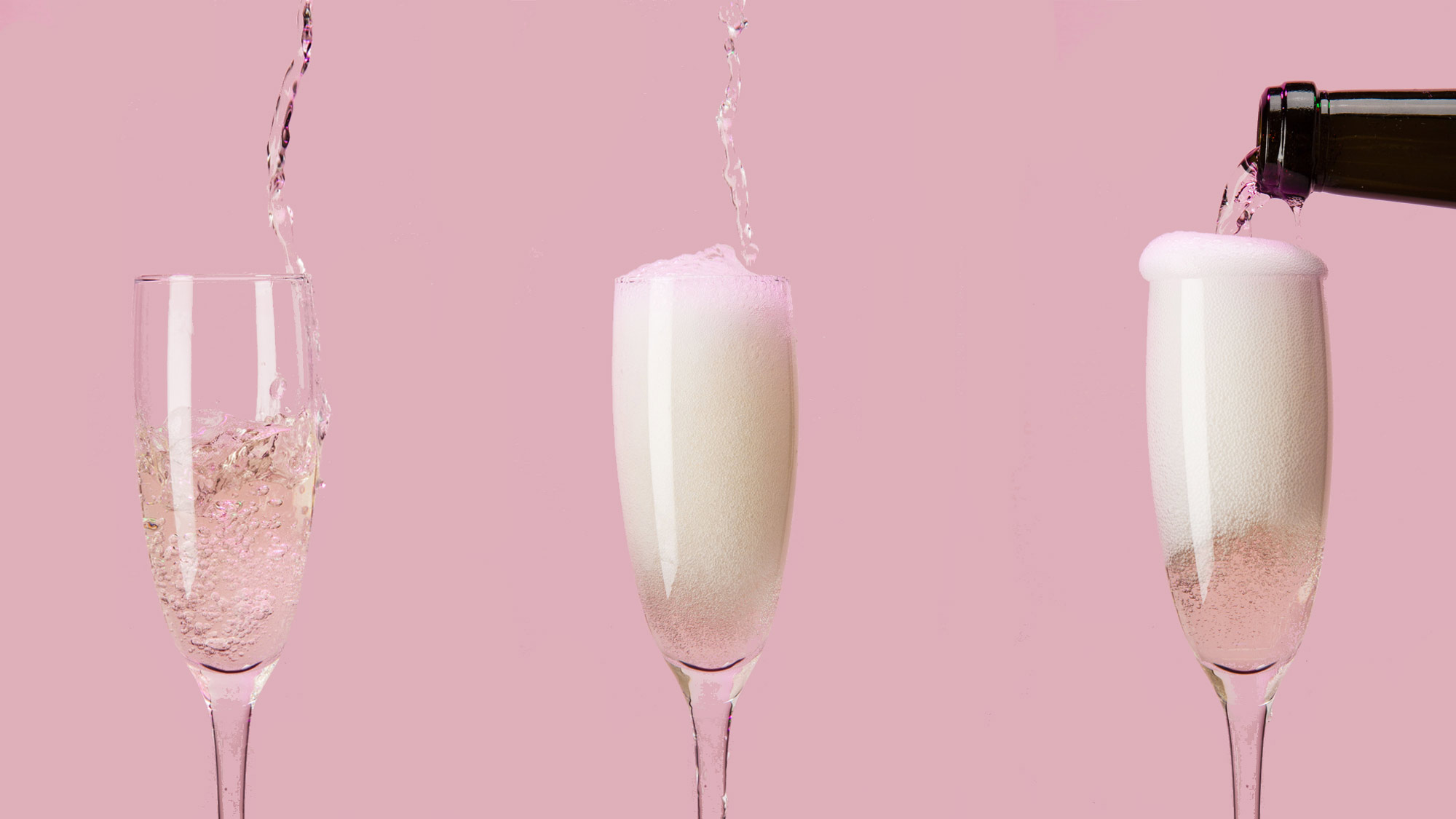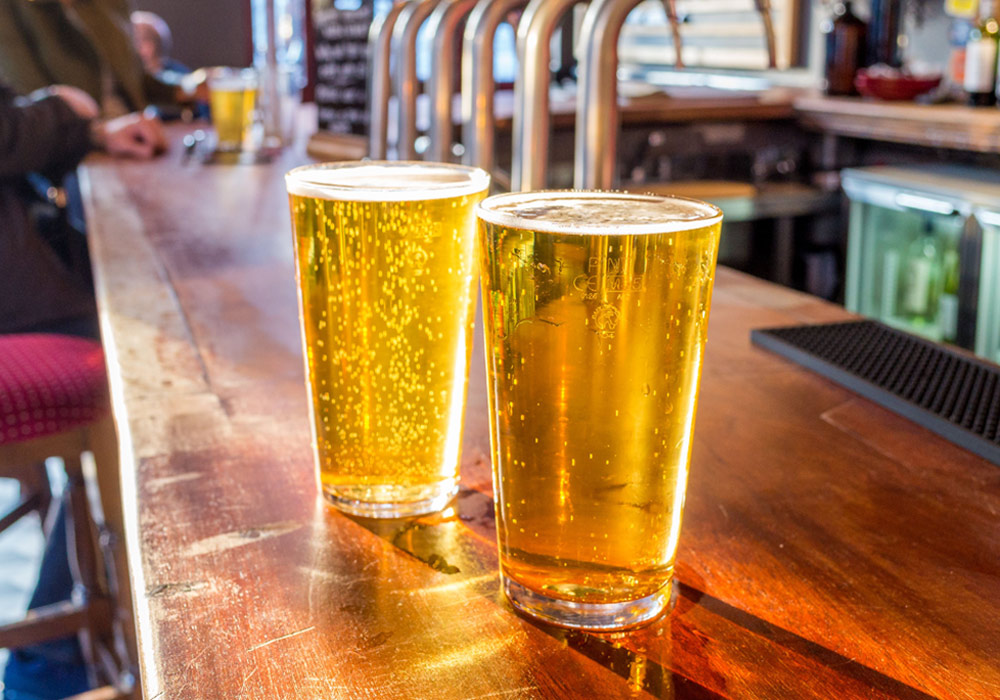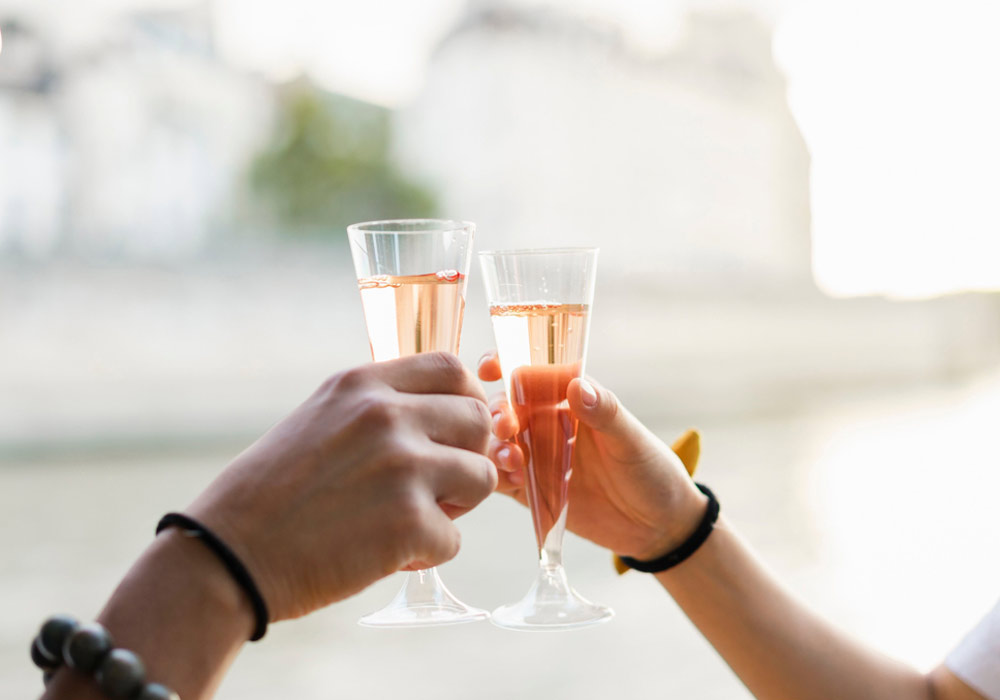Dry January is here, so what are the benefits of giving up alcohol?
More and more of us are breaking up with the booze – so what happens to our bodies when we do?

More and more of us are breaking up with the booze – so what happens to our bodies when we do?
Many of us will admit to mainlining the prosecco, beer and spirits over Christmas and new year (me included). But after a season of heavy drinking, many of us start wondering about the benefits of giving up alcohol.
Dry January aside, teetotalism is very much on the rise – a 2015 study conducted by the ONS found that one in five adults in Britain don't drink at all, a massive 40% increase from 2005.
Annie Grace, author of The Alcohol Experiment, stopped drinking alcohol completely and says it changed her life. 'My drinking was very typical: Happy hours at work, social events with friends and stress-relief at home,' she explains. 'I believed drinking was the key to good life, but in many ways my life was falling apart. I was tired, lacking in energy, short-tempered, not sleeping well – life just felt difficult.
'I really thought that alcohol was the glue keeping everything together, but in reality it was the chisel chipping away at my foundation. I know that sounds dramatic, but once I realised alcohol might be part of the problem instead of the solution, I decided to take a break.'
As part of her 'break-up' from alcohol Annie wrote about the process, later publishing her journals online. In just two weeks more than 20,000 people had downloaded and read them, showing that the change in outlook was something that really resonated.
Intrigued about the benefits of giving up alcohol? Keep reading to find out how it can improve your physical health and mental wellbeing.
Celebrity news, beauty, fashion advice, and fascinating features, delivered straight to your inbox!

The benefits of not drinking alcohol timeline
There are a number of mental and physical benefits of not drinking alcohol including weight loss and skin benefits. Below we break down when you can expect to see them after breaking up with booze.
After a week
Alcohol is a diuretic, which means you lose fluid through sweating and those all-too-frequent toilet visits on a night out. Within a week, normal hydration levels become sustained in your whole body, including your eyes. Drinking lots of water can also speed up this process.
After two weeks
A fortnight in and your blood pressure starts to normalise, which reduces your chances of getting hypertensive retinopathy. This a condition which can seriously damage the way your eyes focus on images.
After three weeks
As Dry January draws to a close, your liver is already starting to benefit from the lack of alcohol and this is reflected in your eye health. Expect the sciera (the white part of the eye) to lose any yellow tinge it might have had from excessive drinking.
Benefits of giving up alcohol after one month
That month of no drinking really does work wonders, folks. 'How I looked changed dramatically,' Annie tells us. 'I lost an entire stone in just 30 days, my skin cleared up and my eyes were bright again. I had so many people asking what I was doing!'
What's more, after a month red blood cells are beginning to renew which causes a better blood and oxygen flow for all your organs, including your eyes. And good circulation is key in obtaining good eyesight.
Benefits of giving up alcohol after 6 months to a year... And beyond

Dry January is a big milestone, but if you're thinking of making the change permanent it can have a real positive impact on your life. 'I looked five to ten years younger within months of stopping drinking!' Annie enthuses.
But that's not all; your mentality can see a huge improvement too. 'The inward changes were equally as profound; I felt a real sense of confidence,' she continues. 'I had been relying on alcohol to get through the day or to deal with my kids. When I did these things without a drink my confidence soared – I realised that I am quite strong anyway!'
Since giving up alcohol, Annie has also been able to come off three antidepressants: 'This doesn't mean I don't have a good cry or that I no longer experience the difficult emotions – but it does mean that when I do, I stop and listen and focus on healing myself, rather than numbing myself.
'I was repeatedly telling myself I was not strong enough to handle my life without an external substance. Learning that the opposite is true has been incredible.'
Don't know about you, but that bottle of prosecco doesn't look quite so appealing now...
The Alcohol Experiment: A 30-Day, Alcohol-Free Challenge to Interrupt Your Habits and Help You Take Control' by Annie Grace is out on the 31st December 2018
The leading destination for fashion, beauty, shopping and finger-on-the-pulse views on the latest issues. Marie Claire's travel content helps you delight in discovering new destinations around the globe, offering a unique – and sometimes unchartered – travel experience. From new hotel openings to the destinations tipped to take over our travel calendars, this iconic name has it covered.